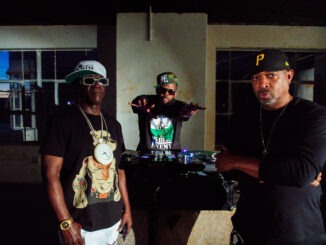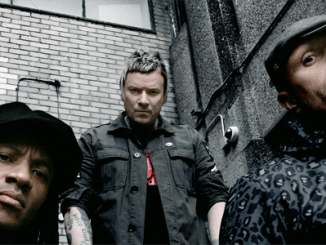The lyrics from Public Enemy’s 1989 hit “Fight the Power” has featured in many academic papers. “Elvis was a hero to most, But he never meant shit to me you see; Straight up racist, that sucker was simple and plain” naturally caused controversy; yet probably the most revered lyric from this song was “Most of my heroes don’t appear on no stamps” which formed the first part of the title of Elizabeth D. A. Wheeler’s 1991 Black Music Research Journal article on “The Dialogics of Rap Music”.
When Public Enemy released Most of My Heroes Still Don’t Appear on No Stamp LP back in 2012, some reviewers doubled up as amateur philatelists arguing that this statement had seldom credence as the US Postal Service “created a Malcolm X stamp in 1999 while the “Black Heritage” series of collectable stamps appears to contain quite a few Chuck D heroes”. Whilst these critics struggled to see the link between philately and wider equality struggles; there is now more hope in restoring interest and debate in stamps and nations being more diverse and inclusive in their presentation pack issues.
Like Aldous Huxley’s Brave New World, What You Gonna Do When The Grid Goes Down? addresses the problems and challenges America is facing where technology is taking the place of some of humanity’s most important traditions and purposes. Second track “GRID” (featuring Cypress Hill & George Clinton), amidst a funk soundtrack perfectly taps into this dystopia with the following lyrics “No GRID is what we need for new human contact. Not even your own server can save you. We all caught up in the web is so true. No GPS what will you do? No emails or WHATSAPP coming thru…” The heavy rock guitars (as well as showing the musical diversity of Public Enemy) somehow galvanise one to take action.
“State of the Union (STFU)” with a chilled Wu-Tang Clan and Cypress Hill style backing beat is an oxymoron of comedic lyrics amidst the uncomfortable with “Orange hair. Fear the comb-over” to “When he wanna talk. Walk y’all straight. To them ovens we be. Human beings of colour suffering”. “Toxic”, with superb scratching, too offers alarming messages of Armageddon with “Can culture save humanity when the name of the game is narcissism” and “If you grown 21 and over tell me where the hell you goin? Suicidal with an open bible lockdown friendly fire”.
The most exciting (whilst equally unnerving) and politically charged track is the 2020 version of “Fight the Power” which awes with a wide guest ensemble featuring Nas, Rapsody, Black Thought, Jahi & YG. New lyrics including “They say its suicide when dead bodies are swinging. Cowards are hunting black men that’s what I’m seeing” are perfectly juxtaposed with the original prose about how “Most of my heroes don’t appear on no stamps”.
Less politically driven and more light-hearted songs include “Public Enemy Number Won” featuring Mike D and Ad-Rock from the Beastie Boys. Whilst the Beastie Boys musical influence is self-evident from the outset; it will evoke halcyon memories of the eighties heyday of LL Cool J, Run-DMC and lest we forget: Public Enemy”. Much of “Yesterday Man” is a diss track of American A-lister’s to adroit guitar solo’s. Equally heavy is “Smash the Crowd” featuring Ice-T on top form. “Smash the Crowd” suggests what is needed for the best live shows: “Gimme some bass and guitar and some drums g’damn. I get bored from R&B keyboards unless they cut like a sword instead I bet on DJ lord on 2 turntables”.
As well as speaking about the dangers of technology, highlighting and explicitly showing the ugliness of racism and inequality; this LP, being released via Def Jam Recordings is also a halcyon retro homage to the eighties back to basics hip-hop. There is also sadness and celebration in songs such as “Rest in Beats” where many artists including Jam Master Jay, Lisa Left Eye and The Notorious B.I.G are remembered. The overall accompanying heavy rock soundtrack which reaches a crescendo on “Go at it” is infectious aiding this fifteenth offering to remain riotous, hungry and tireless. Furthermore, with the exception of the following “GRID” lyric “Digital mental health clinics worse than a pandemic” being made redundant by COVID 19; What You Gonna Do When The Grid Goes Down? is an all too accurate, relevant and relatable intergeneration social commentary.





Be the first to comment